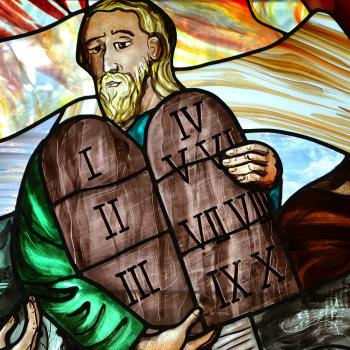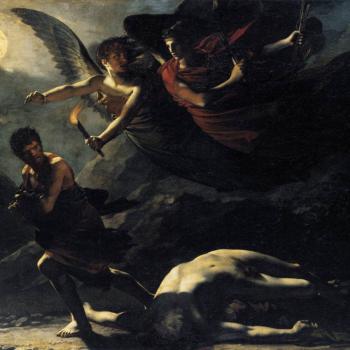In this series, I have argued there are shared features among cultures and between individuals that point to something true about us all. This true human identity is more fundamental than the cultural narratives we tell about the world and us living in it. In fact, this true human identity is the impetus for any good narrative. It is the basis for good storytelling, and those who understand it well, and who can tell stories well, we often call genius.... Read more













